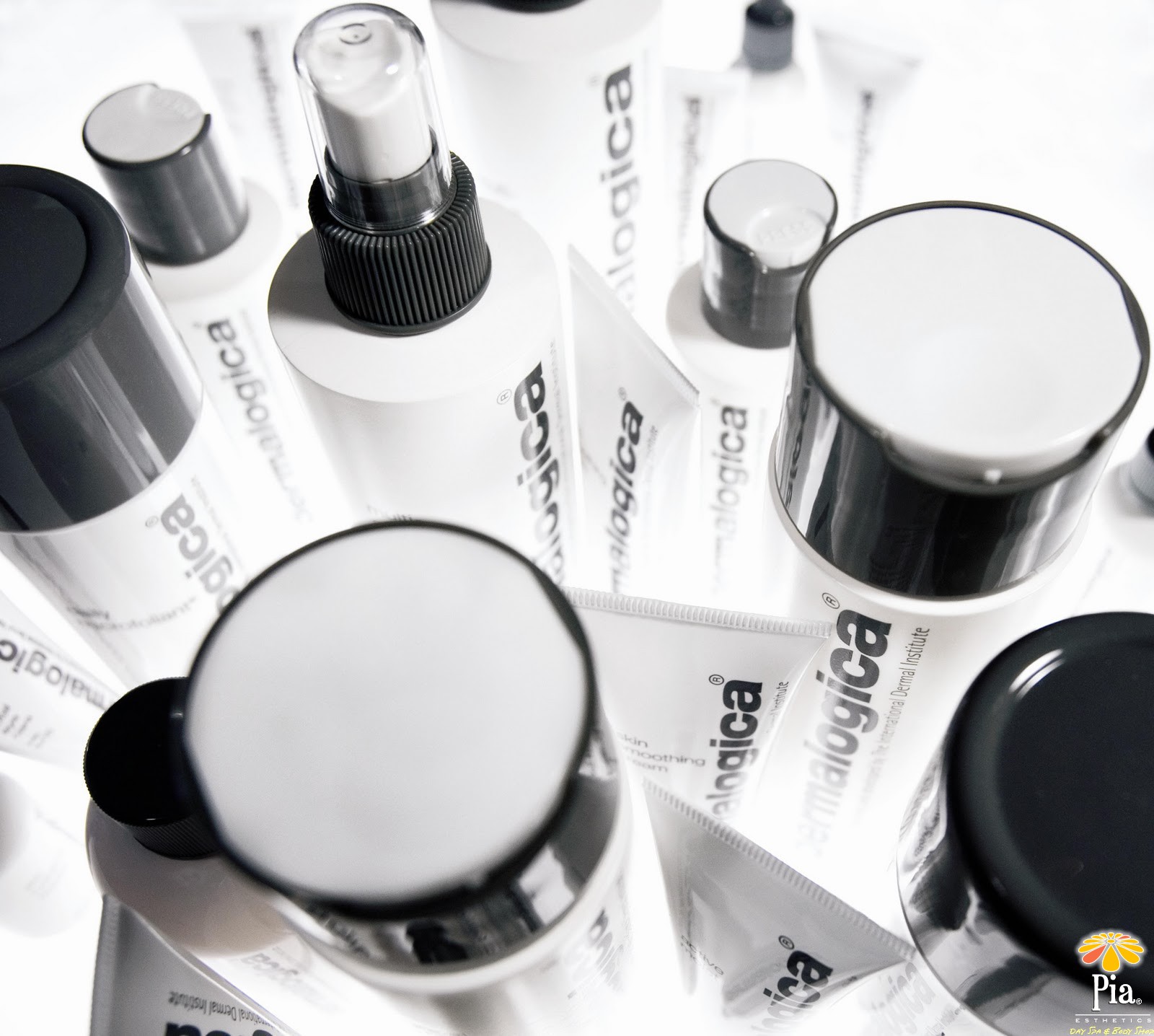 In the world of skin care the two words, sensitive and reactive, are mentioned quite often. While there are varying degrees of sensitivity, at the end of the day everyone's skin can truly be sensitive if exposed to certain triggers. The truth is sensitive skin can fall onto a spectrum, as certain products can cause reactions while others simply do not.
In the world of skin care the two words, sensitive and reactive, are mentioned quite often. While there are varying degrees of sensitivity, at the end of the day everyone's skin can truly be sensitive if exposed to certain triggers. The truth is sensitive skin can fall onto a spectrum, as certain products can cause reactions while others simply do not.
The most important thing to remember about sensitivity is that it is not caused by an allergic reaction. Allergies and sensitivities are very distinct. A classic allergic reaction is very sudden, noticeably red, blistery and very itchy. With this in mind, it is nearly impossible to confuse an allergic reaction to sensitivity. Luckily, ingredients that are known common allergens in skin care products are being reformulated to remove the allergens.
So, what is sensitivity exactly? People with sensitive skin will notice that their skin will develop irritating reactions to a new product over time. Rather than a sudden, or allergic reaction, those with sensitive skin will notice a slow reaction (irritation) that worsens with time. They experience inflammation, redness, and swelling of the epidermis.
People with sensitive skin are more sensitive to skin care products simply because they have weaker skin barrier functioning. However, most products, minus a peel or an intense anti-aging product, won't trigger a reaction. Products that have been found to trigger a reaction include ingredients such as benzoyl peroxide, glycolic acid and retinols. Also, scrubs can sometimes cause a reaction, simply because the person is scrubbing their skin with water that is too hot. So, ingredients alone are not always the cause.
The misconception that many people make is confusing acne-prone skin with sensitive skin. For example, when someone says their skin is sensitive because they break out easily. The truth is sensitivity and acne-prone skin are two completely different skin concerns. Sensitive skin is easily irritated or inflamed. Meaning, if a person breaks out with acne after using a new product it's not an irritated reaction, is simply means they are acne-prone.
Ultimately, everyone's skin can become sensitive at any point in their lifetime. This is why trying product samples before purchasing a new product is important. Your skin's barrier function is unique to you. Testing your skin's limits and knowing how it reacts to products is the first step in learning which skin care products are best for your skin. To avoid sensitive skin reactions focus on the most important task of balancing your skin to keep it calm. Isn't that what were really all seeking after-all?
Questions about which skin care products are best for sensitive skin? Schedule an appointment with any of our Dermalogica skin care experts to discover which products will calm your skin so it can stop reacting and regain its beautiful, healthy glow once again.




